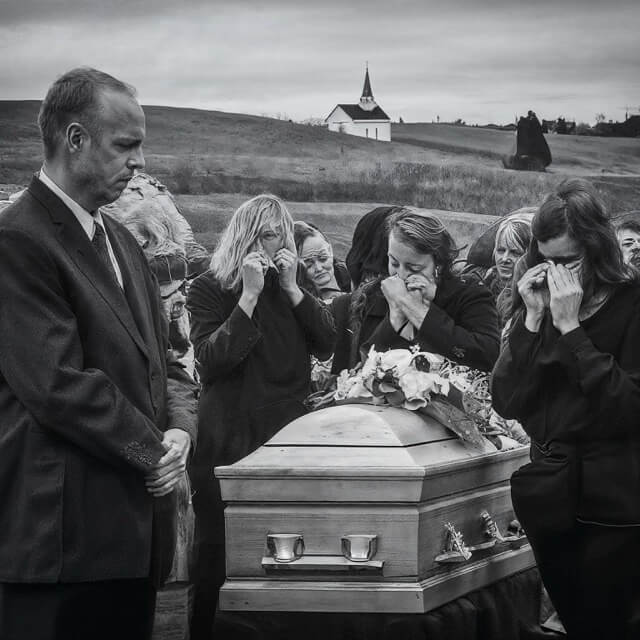The recent news that Toby Keith, the candid and beloved country music star, succumbed to stomach cancer has left many of us grappling with a whirlwind of emotions. Death, especially of someone whose art and persona felt like a part of our own lives, can be an unsettling reminder of our mortality and the fragility of life. How do we process this loss,

Let’s talk about grief after Toby Keith’s Death: Open communication can be a powerful tool for healing.
navigating through an era fraught with unique challenges? How do we mourn properly?
Mourning isn’t just about dealing with death; it’s about acknowledging it, feeling the depth of our emotions, and eventually finding a way to continue living with that loss etched into our beings. Yet, in a culture that often prizes stoicism and shuns the expression of ‘negative’ emotions, many find themselves lost at sea without a compass. We are taught to “man up” to keep our chin up and avoid showing “weakness.” This toxic narrative overlooks the importance and healing power of negative emotions.
Feeling sad, angry, or even numb in the wake of a loss is not only natural; it’s necessary. These emotions are crucial to healing because they force us to confront our grief rather than suppress it. They allow us to connect deeply with others who share our pain, fostering community and mutual support.
In moments like these, some resort to drinking or even celebrating the deceased’s life as an immediate response to grief. While commemorating someone’s life and honoring their memory is essential, using alcohol as a coping mechanism can derail the grieving process by delaying or numbing these vital emotional experiences.
Finding authentic ways to connect with—and express—our feelings in the face of loss is crucial. Writing letters to the departed, sharing stories about them with others who knew them well, or even creating art can be powerful outlets for our sorrow.
And let’s talk about seeking help—much needed yet often stigmatized. If you find yourself struggling to cope or feel isolated in your grief, reaching out for professional support isn’t a sign of weakness; it’s an act of courage. Services like Refresh Recovery offer outpatient mental health care catered specifically to helping individuals navigate their emotional turmoil in healthy, constructive ways. Starting on this journey allows you to heal and equip you with tools for resilience in facing future adversities.
As we reflect on Toby Keith’s legacy and what he meant to each of us personally, let’s challenge ourselves to break away from harmful norms around grief. Let’s strive for a culture where expressing pain is integral to healing and where supporting each other through sorrows—big and small—is as natural as sharing in joys.
Remember: It’s okay not just to say you’re not alright but also to seek out spaces where your feelings are acknowledged and validated—because, at its core, mourning properly is about permitting ourselves to feel deeply so we can ultimately begin anew.
By Eric H.

